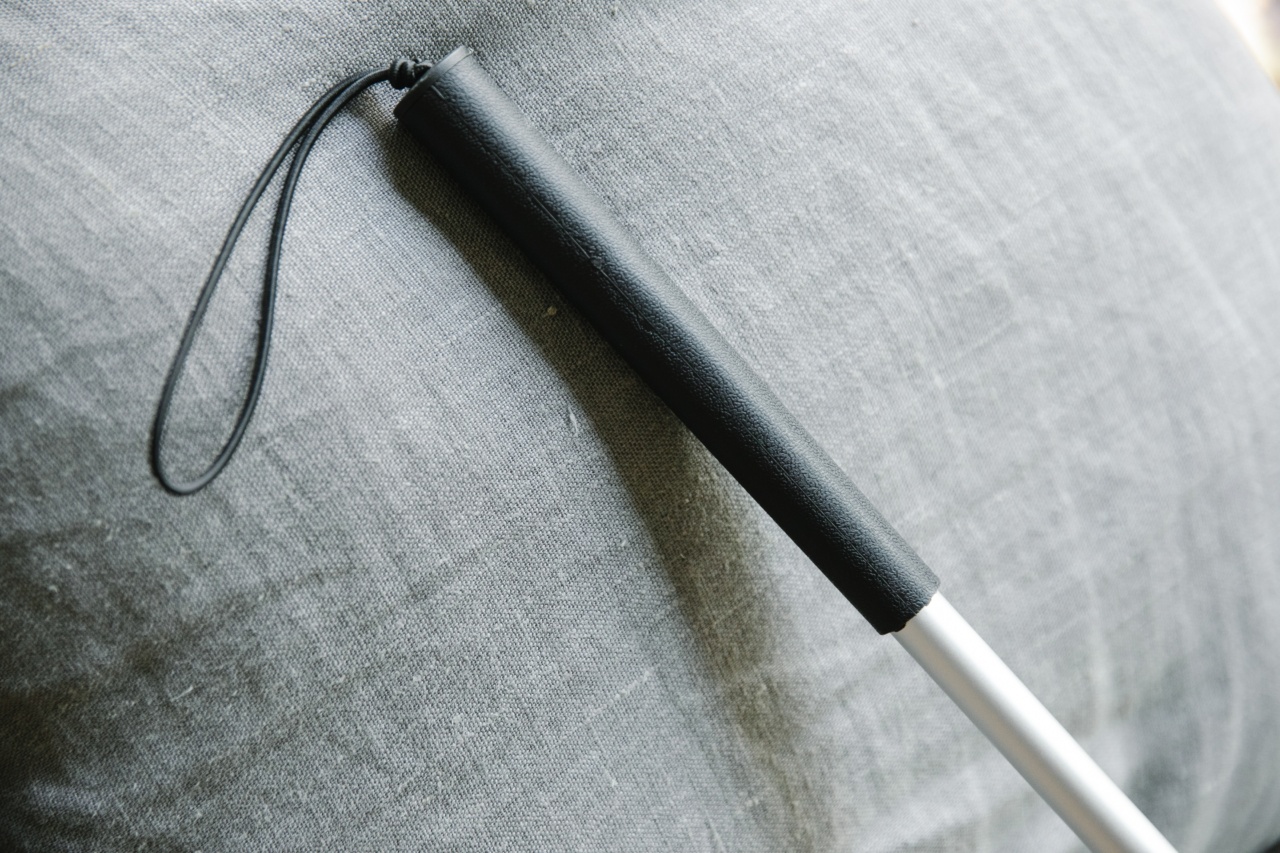Acne is a skin condition that affects millions of people worldwide. It’s caused by a variety of factors, including genetics, hormonal fluctuations, and poor hygiene.
While it’s impossible to completely prevent acne, there are several measures you can take to reduce its occurrence and severity. In this ultimate guide, we’ll explore everything you need to know about preventing acne.
Understanding Acne
Before discussing prevention measures, it’s essential to understand what acne is and how it develops. Acne occurs when hair follicles become clogged with oil and dead skin cells.
This results in the formation of whiteheads, blackheads, pimples, and sometimes cysts. Acne can occur on any part of the body, but it’s most commonly found on the face, neck, chest, back, and shoulders.
Eating a Healthy Diet
What you eat can significantly impact your skin’s health and appearance. Diets high in processed foods, sugar, and unhealthy fats have been linked to an increase in acne.
On the other hand, diets rich in whole foods, fruits, vegetables, and healthy fats have been shown to reduce acne and improve overall skin health.
Staying Hydrated
Drinking enough water is crucial for maintaining healthy skin. When you’re dehydrated, your skin produces more oil to compensate, which can clog pores and lead to acne.
Aim for at least eight glasses of water per day, and limit your consumption of sugary drinks.
Managing Stress Levels
Stress is a known trigger for acne. When you’re stressed, your body releases hormones that can increase oil production and inflammation.
Research has shown that stress-management techniques like meditation, yoga, and deep breathing can help reduce the occurrence of acne.
Keeping Skin Clean
Poor hygiene is a common cause of acne. When sweat, dirt, and oil accumulate on the skin, they can clog pores and lead to breakouts. To prevent this, make sure to wash your face twice a day with a gentle, non-comedogenic cleanser.
Avoid scrubbing too hard, as this can irritate the skin and worsen acne.
Avoiding Harsh Skincare Products
Many skincare products contain harsh chemicals that can irritate the skin and lead to acne. When choosing skincare products, look for those labeled “non-comedogenic,” which means they won’t clog pores.
Avoid products with fragrances, alcohol, or other irritants, as these can exacerbate acne.
Using Sun Protection
Exposure to ultraviolet (UV) rays can damage the skin and worsen acne. Make sure to use a broad-spectrum sunscreen with an SPF of at least 30 every day, even on cloudy or overcast days.
Wear protective clothing like hats and sunglasses when in direct sunlight for extended periods.
Avoiding Touching the Face
Touching your face can transfer dirt, oil, and bacteria from your hands to your skin, which can lead to breakouts. Avoid touching your face whenever possible, and never pick or squeeze pimples, as this can cause scarring and further inflammation.
Consulting a Dermatologist
If you’re struggling with persistent acne, it may be time to consult a dermatologist. They can assess your skin and develop a personalized treatment plan that may include prescription medications, topical treatments, or other therapies.
Conclusion
Preventing acne involves a combination of lifestyle habits and skincare practices.
By eating a healthy diet, staying hydrated, managing stress levels, keeping skin clean, using non-comedogenic skincare products, and wearing sun protection, you can reduce your risk of developing acne. If you’re struggling with persistent acne, don’t hesitate to speak with a dermatologist.






























